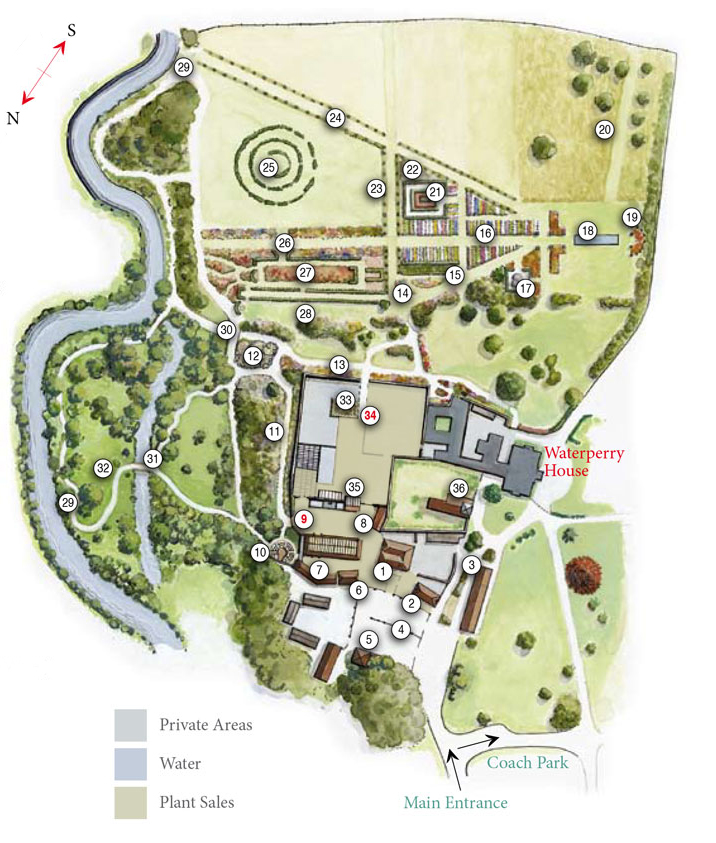

On the One Plastic Bag website she provides a ton of resources for teachers and others to work with the book and on one of the pages she mentions that the book took 12 years to come to fruition.


I've lost count of how many books Miranda has coming out in the next few years but despite appearances, she hasn’t been an overnight success. It’s a great story that’s very inspiring on many levels and Miranda tells it beautifully. Miranda uses language skillfully to create rhythm and pacing as we learn what happens to Isatou, her community, and the transformation of the polluting bags into attractive accessories. Her feet step down a cleaner path and the thought floats away.” Plastic isn’t beautiful anymore, she thinks. It moves like a flag, flapping in the wind, and settles under a tamarind tree.” Miranda also uses repetition, “Day after day, the bag she dropped is still there. She uses metaphor and simile and alliteration, “Something silky dances past her eyes softening her anger. Miranda starts off by forgoing the old-style of biography conventions of telling Isatou’s story from birth to death (or in this case birth to now) focusing instead on a single central narrative located in a specific place but with global implications.

All sorts of other wonderful things happen as a result of Isatou’s decision to deal with the polluting plastic bags that I’m not going to give away.īut what I do want to talk about is how skillfully and poetically One Plastic Bag is written. She enlists her friends help and one-by-one other women join her until it becomes a movement and other women from other villages come to learn and make the bags as well. When goats start dying from eating the appealing bags, and other environmental disasters occur, Isatou comes up with an ingenious solution for recycling the bags into glamorous and practical purses despite the ridicule of others. In this inspiring biography of an ordinary Gambian woman who becomes extraordinary through necessity and the courage of her convictions, we learn a little about the long-term consequences of plastic bags on the animals, environment, and people of Isatou’s village.


 0 kommentar(er)
0 kommentar(er)
